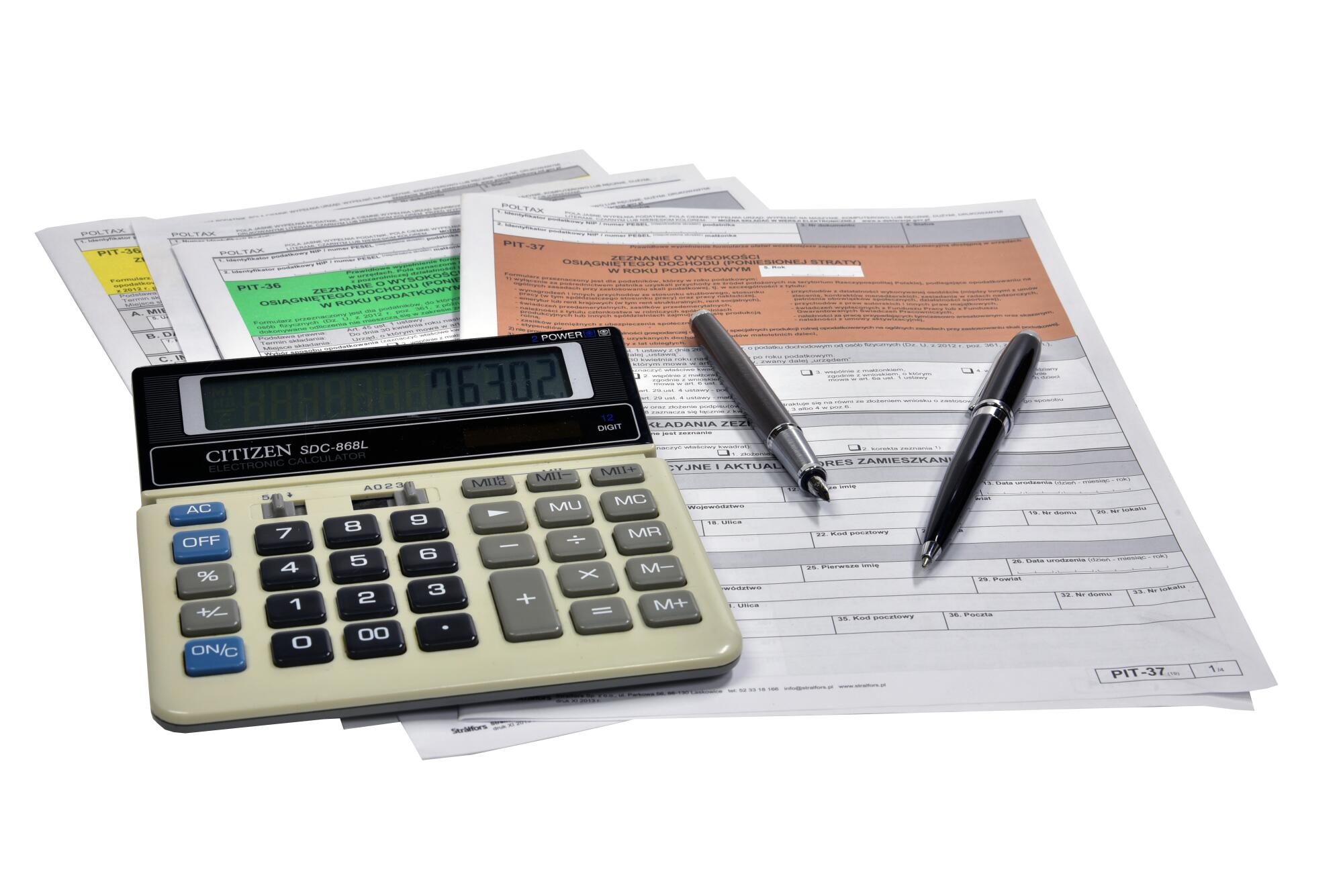It's an unfortunate fact that most taxpayers aren't familiar with even the most basic tax rules. When renting out properties, this lack of knowledge can be disastrous. There's no denying that real estate taxes are an essential aspect of property ownership.
As tax season approaches, it's crucial for real estate investors to grasp the fundamentals of tax statements and 1099s. Read on to learn how to do it with ease.
What Are Real Estate Taxes?
Real estate taxes contribute to funding various public services. This could include everything from schools and infrastructure to emergency services and beyond.
The amount of real estate taxes owed is often based on the value of the property in question. There's also the matter of the local tax rate.
How Real Estate Investors Come Into Play
Real estate investors acquire properties for various purposes. Examples include rental income, capital appreciation, or development.
Knowing the tax implications of real estate investment is essential for boosting returns. It's also helpful for ensuring compliance with tax laws.
Importance of Real Estate Accounting
Effective real estate accounting is crucial for managing finances, tracking income and expenses, and preparing accurate tax returns. Real estate investors must maintain detailed records of transactions, including rental income, property expenses, and capital improvements.
Proper accounting practices not only facilitate tax preparation but also provide valuable insights into the financial performance of real estate investments.
Introduction to 1099s
Form 1099 is made up of several IRS tax forms. They're used to report different types of income other than wages, salaries, and tips.
For real estate investors, Form 1099 is vital in reporting income received from rental activities, partnerships, and other sources. Understanding the different types of 1099 forms relevant to real estate investment is essential for fulfilling tax obligations.
Types of 1099 Forms for Real Estate Investors
Real estate investors may receive various types of 1099 forms depending on the nature of their investments. Common 1099 forms relevant to real estate include Form 1099-MISC, Form 1099-INT, and Form 1099-S.
Reporting Rental Income and Expenses
Rental income generated from real estate investments has to be reported on the correct tax forms, such as Schedule E. Real estate investors should report rental income and deduct eligible expenses. This can include mortgage interest, property taxes, maintenance costs, and depreciation.
Understanding Depreciation and Capital Improvements
Understanding depreciation rules and guidelines is essential for calculating taxable income and maximizing tax benefits. Additionally, capital improvements made to rental properties may qualify for depreciation or immediate expensing.
Tax Statements and 1099s Don't Have to Be Overcomplicated
By knowing how to complete tax statements and 1099s, you can keep your financial matters fully organized. This can help you achieve peak performance during every tax season.
Are you overwhelmed by your responsibilities as a property investor? Don't worry because Advantage Property Management Solutions is here. We can cover all aspects of your investment so you can get the most out of each property in Pleasanton.
Would you like to discuss a tailored service plan? If so, don't wait to touch base with the Advantage team today.






